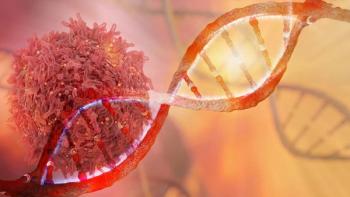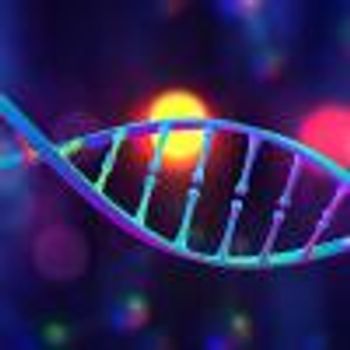
A New Twist in the p53 Tumor-Suppressing Protein
Researchers at Tulane University are reporting on how cancer is able to overcome p53, a key tumor-suppressing protein.
Researchers at Tulane University are reporting on how cancer is able to overcome p53, a key tumor-suppressing protein. The findings
The researchers have discovered that the protein pleckstrin homology domain-containing protein (PHLDB3), thought to be a potential tumor suppressor, actually allows cancer cells to thrive in pancreatic, prostate, colon, breast, lung, and other common cancers.
“Now that we’ve identified the molecule, we could utilize it as an anticancer target,”
Scientists have long known that protein p53 protects against cancer by triggering cells with DNA damage to self-destruct before they become malignant. P53 is kept in check by two genes, MDM2 and MDMX, which regulate its growth and demise. While overproduction of either the genes or the protein PHLDB3 is harmful, a balanced production of both p53 and the genes allows for normal cell development, according to the researchers.
Dr. Lu and his team discovered that PHLDB3 works with MDM2 to inhibit p53, promoting tumor growth. They report that the protein could also cause therapeutic resistance for some late-state cancers. The tumor suppressor p53 transactivates the expression of its target genes to exert its functions.
The researchers found that knockdown of PHLDB3 more efficiently halts the growth of mouse xenograft tumors derived from human colon cancer HCT116 cells that contain wild-type p53 compared with p53-deficient HCT116 cells. The team also found that knockdown of PHLDB3 sensitizes tumor cells to doxorubicin and 5-fluorouracil.
The investigators conducted an analysis of cancer genomic databases and they found that PHLDB3 is amplified and/or highly expressed in numerous human cancers. They theorize PHLDB3 may promote tumor growth by inactivating p53 in a negative feedback fashion.
To ensure that PHLDB3 is an optimal drug target, Dr. Lu said the next step is to further validate the cancer-causing role of PHLDB3 using mouse model systems either dependently or independently of p53. He said it’s also important to understand the protein’s biological role in cellular signaling and normal animal development as well as to consolidate its role in human cancer development, progression, and drug resistance.
Newsletter
Stay up to date on recent advances in the multidisciplinary approach to cancer.



































